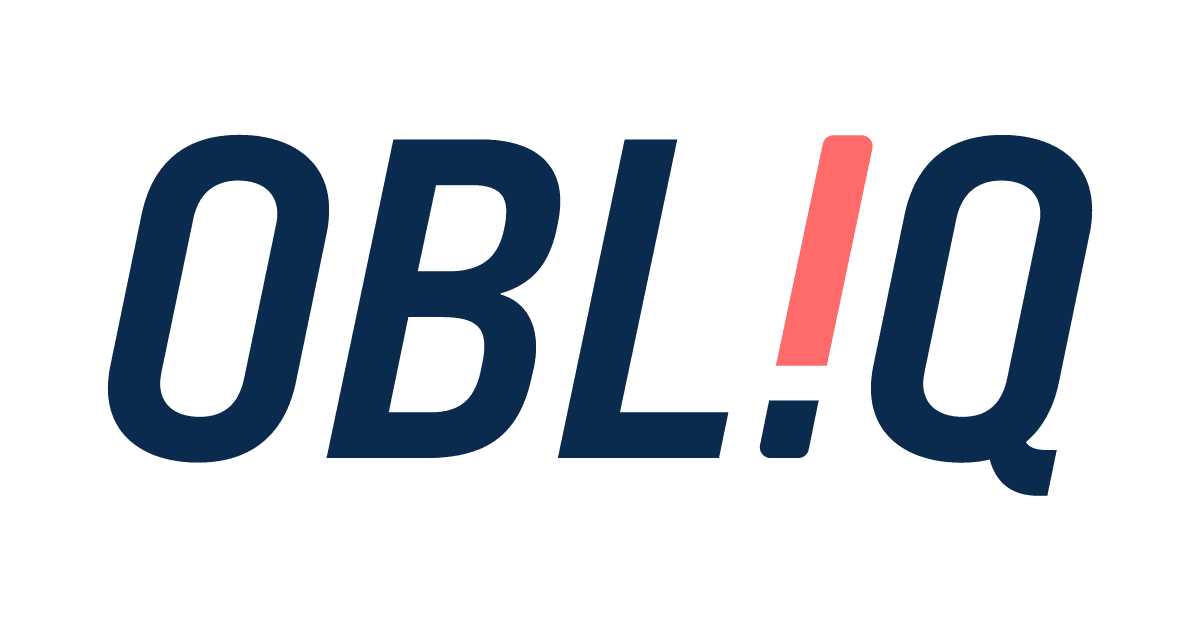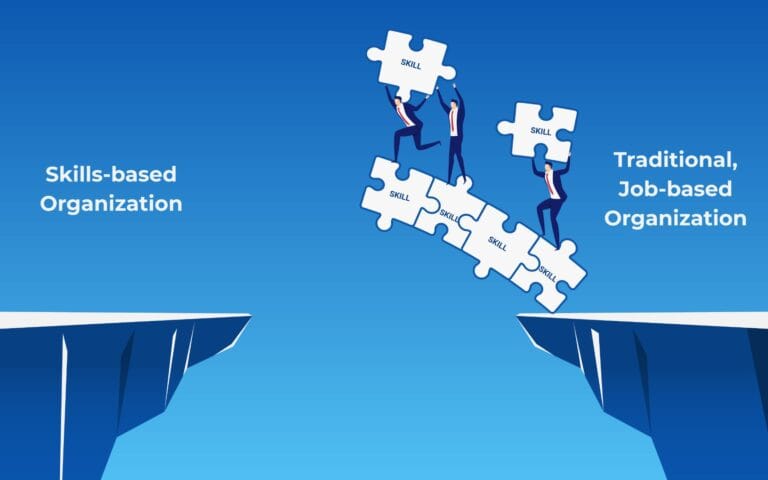In boardrooms and leadership meetings across the globe, a persistent anxiety looms. It’s a concern echoed by a staggering 72% of managers: a widening gap between the skills their teams have and the skills their business needs to succeed.
Deeper, More Diverse Talent Pools
When you hire for verifiable skills instead of rigid degree requirements, you unlock access to a vast, untapped talent pool, increasing diversity and capability.
Enhanced Organizational Agility
The ability to quickly form and reform teams based on project needs allows the organization to pivot faster and seize market opportunities with unprecedented speed.
Data-Driven Talent Decisions
Instead of relying on gut feelings, talent management becomes an analytical discipline. Leaders can see critical skill gaps and make informed training investments.
Increased Employee Empowerment
Giving employees visibility into the skills they have and need for future roles empowers them to take ownership of their careers, boosting engagement and loyalty.
The First Steps on Your Journey to Becoming Skills-Based
Transitioning to a skills-based organization is a strategic transformation, not an overnight project. It requires commitment and a methodical approach.
- 1. Gain Executive Buy-In: Begin by framing the conversation around strategic risk and opportunity. Use the data: discuss the threats posed by the skills gap and AI disruption, and highlight the agility and retention benefits. This isn't an HR initiative; it's a business strategy.
- 2. Start with a Pilot Program: Don't try to boil the ocean. Select one critical department or project team to serve as your pilot. This allows you to learn, build a methodology, and demonstrate value on a manageable scale.
- 3. Build Your Initial Skills Taxonomy: A skills taxonomy is a categorized library of the skills that matter most to your business. Work with leaders in your pilot area to identify the top 20-30 technical and human-centric skills essential for their success. The goal is progress, not perfection.
- 4. Leverage Enabling Technology: Managing skills data for an entire organization is impossible on a spreadsheet. Modern Technology Platforms like Learning Experience Platforms (LXPs) and internal talent marketplaces use AI to map skills, recommend learning, and connect people to opportunities, forming the operational backbone of a skills-based organization.
Gain Executive Buy-In
Frame the conversation around strategic risk and opportunity. Show how a skills-first approach mitigates talent gaps and boosts business agility.
Start with a Pilot Program
Don't boil the ocean. Select one critical department or project to test your methodology, learn quickly, and demonstrate value on a manageable scale.
Build Your Skills Taxonomy
Create a library of the essential skills your business needs. Work with pilot leaders to identify the top technical and human-centric capabilities.
Leverage Enabling Technology
Use modern platforms like LXPs and talent marketplaces. They provide the AI-powered backbone needed to map skills and connect people to opportunities.
Unlock What's Next
The shift from viewing people as job titles to seeing them as a portfolio of valuable, evolving skills is one of the most important strategic pivots a modern business can make. It is the foundation for building a workforce that is not only resilient to change but is energized by it.
Building a skills-based organization is the definitive answer to the anxieties of the skills gap and the disruption of AI. It is how you create an enterprise that is agile, intelligent, and profoundly human-centric. The question for leaders today is not if this transition is necessary, but how quickly you can begin.
What is the single biggest barrier to adopting a skills-first mindset in your organization?










